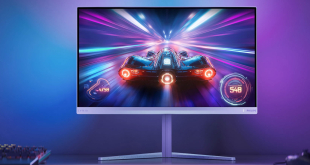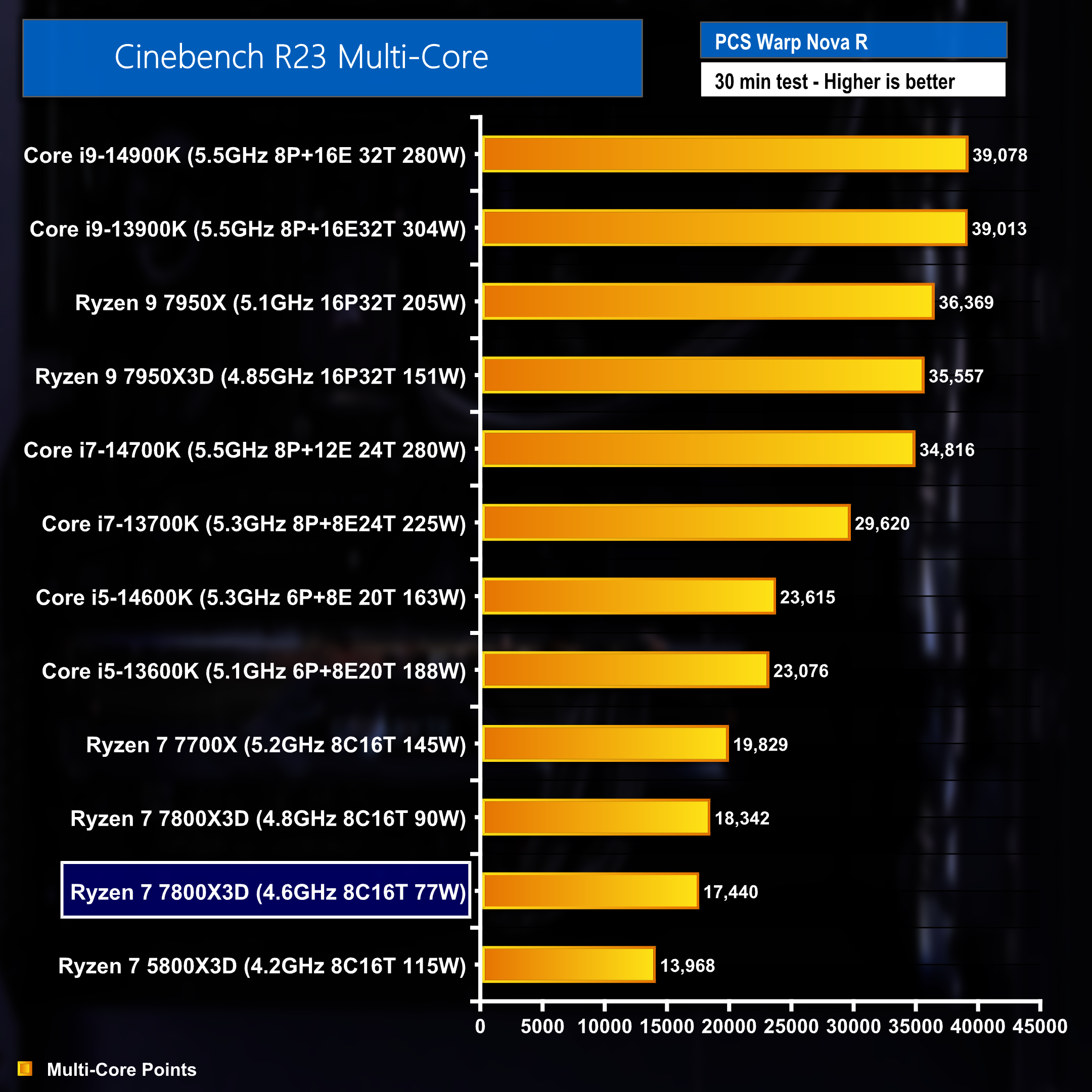
Running through a 30 minute multicore benchmark test in Cinebench resulted in a score of 17,440 points. Landing the Warp Nova R just behind the same CPU when tested in our review of the Ultra R77 RTX desktop. Power usage was lower though, at 77w. Ambient temperatures were substantially higher during this review though, with room temperature being measured at 22 degrees celsius.
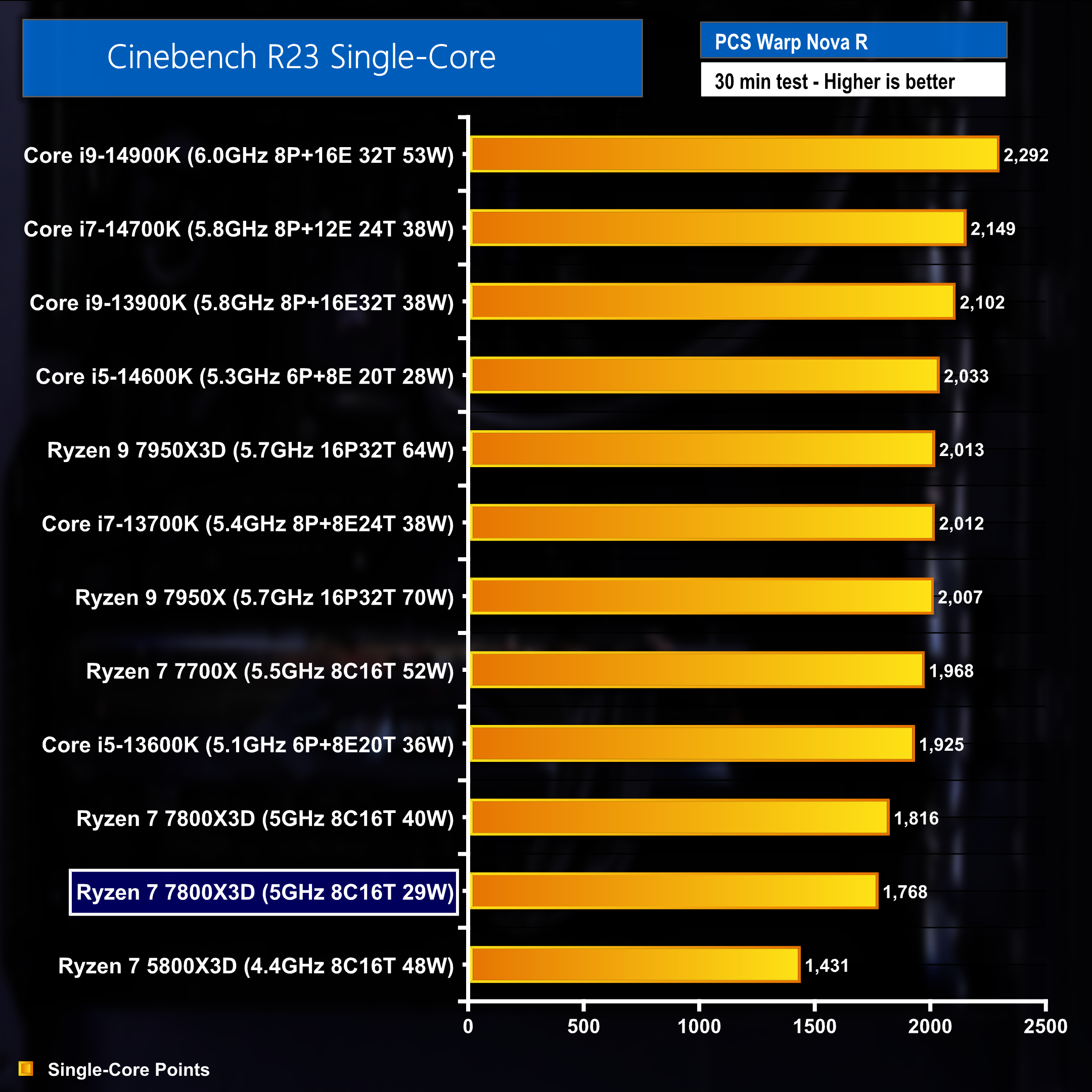
Cinebench singlecore results paint a very similar picture to the multicore scores. The Ryzen 7 7800X3D fell just short than it's identical counterpart, with a recorded score of 1768 points. Similarly, power usage was again lower, with the CPU found in the Warp Nova R using 29w sustained power during this test.
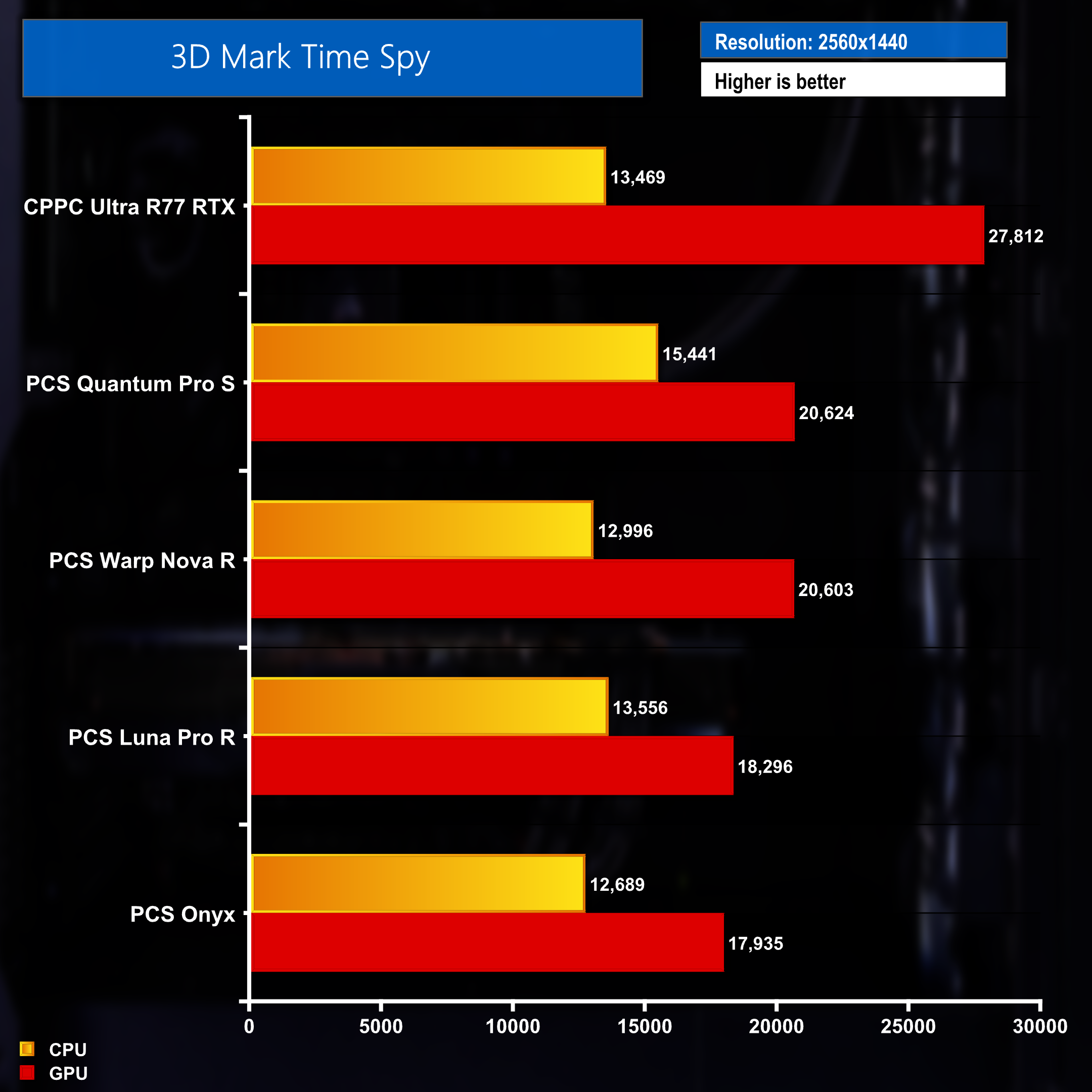
3D Mark Time Spy resulted in the Warp Nova R finishing in the middle of the chart when sorted by GPU points. That GPU result was almost identical as the Quantum Pro S (also from PCSpecialist) with both systems running an RTX 4070 Super GPU. The Ryzen 7 7800X3D falls short in this synthetic benchmark, as expected, with the CPU really showing it's power during gaming workloads.

Memory bandwidth was measured at having a read speed of 59,160MB/s and a write speed of 79,889MB/s. The Corsair Vengeance DDR5 memory found in the Warp Nova R runs at 6000MT/s with CL40 timings – easily enough to handle the machines main purpose, gaming.
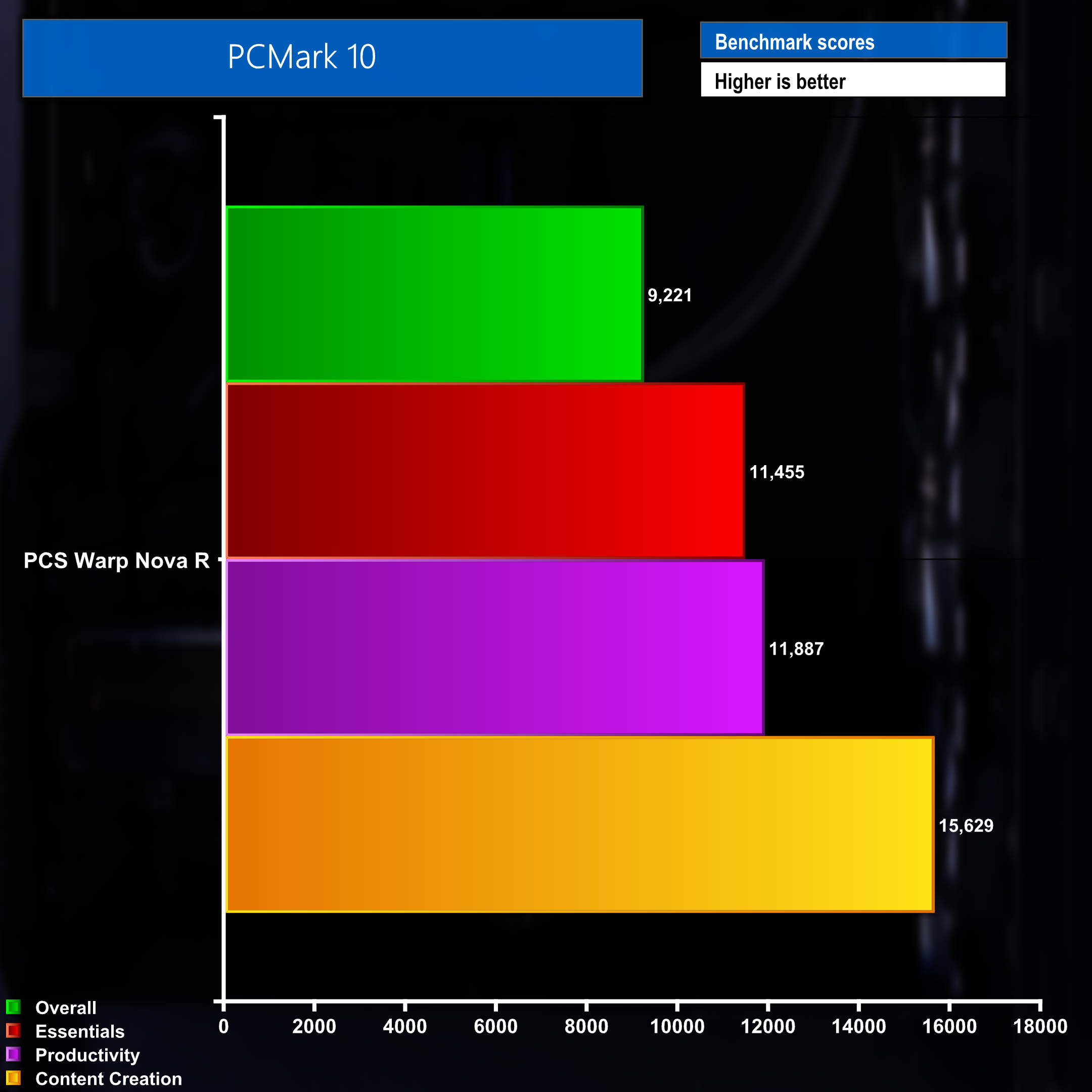
Finally, PC Mark 10 results highlight the systems capabilities are more than enough for every day computing tasks. The content creation score of 15,629 points shows that while this system is not the best around for creative tasks, it'll more than handle some light video editing and production work.
 KitGuru KitGuru.net – Tech News | Hardware News | Hardware Reviews | IOS | Mobile | Gaming | Graphics Cards
KitGuru KitGuru.net – Tech News | Hardware News | Hardware Reviews | IOS | Mobile | Gaming | Graphics Cards


